Poker Superstars Who Quit the Game


- Fact Checked by: PokerListings
- Last updated on: June 2, 2025 · 7 minutes to read
Professional poker seems like a flashy, dazzling career where you can win big playing the game you love. But behind the massive wins is a tough life full of stress, travel, burnout, and giving up things you want. Over the years, some of the most famous poker players have quit.
The article below explores the stories of top poker players who stepped away from the game, why they chose to do so, and what their paths have been like since then.
Annie Duke
Annie Duke was never just another player in the game. She made it big in an arena mostly dominated by men, and she was nicknamed “The Duchess of Poker.” Her best performance was in the 2004 WSOP Tournament of Champions, where she beat big names like Phil Hellmuth and won $2 million. Duke has about $4.3 million in total live earnings.
Nevertheless, Annie’s transition into poker wasn’t conventional. She seemed destined to work in a 9-to-5 job since she had studied cognitive psychology at university. But her health problems and the stress of having to pay for everything as a single mum led her to poker, which her brother Howard Lederer encouraged her to do.
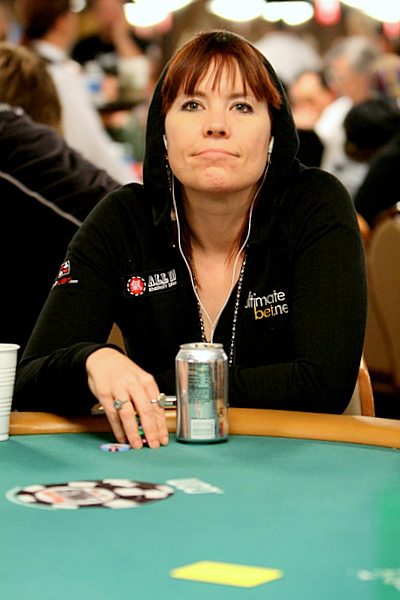
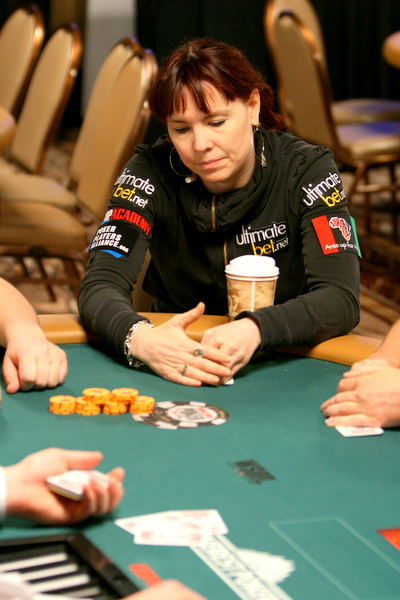
Annie was naturally smart and good at math and science. In the 1990s, she crushed tough mixed games in Las Vegas, becoming a symbol of how strategy and brains, not just guts, could dominate the felt.
However, living the life of a professional poker player was not easy. Long trips and being away from her kids had worn her out. The pivotal moment occurred in 2010 when she took charge of the Epic Poker League, a significant project that resulted in financial controversy and a backlash from the poker community.
It was no longer something I loved.
Annie Duke rebuilt her life and became a best-selling author and expert on making life decisions. She now helps business leaders make better choices when they don’t know what to do. She now says that poker taught her how to think critically, but she didn’t plan to stay in poker after she quit.
Vanessa Selbst
Vanessa Selbst is widely regarded as the best female poker player of all time. Selbst was among the best poker players in the world, winning over $11.9 million in live tournaments and back-to-back North American Poker Tour titles.

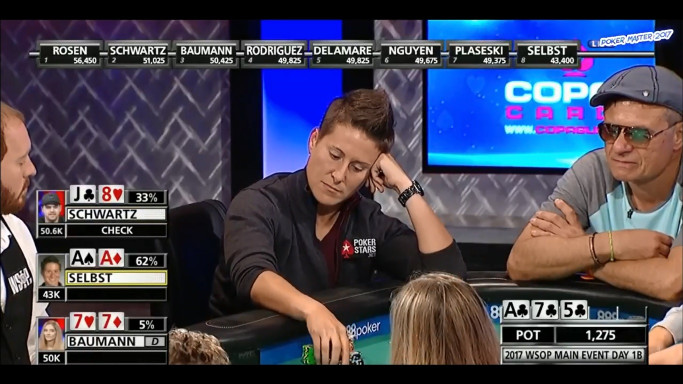
However, she announced that she was quitting professional poker in 2018 when she was only 34 years old. She wanted to start a family and have a more stable career.
Having earned a Yale degree in political science and having had short legal experience, Selbst turned her attention to the financial industry, working for Bridgewater Associates, a renowned hedge fund. There, she used the same strategic ability that had made her a poker master.
Poker wasn’t totally out of her life, though. Selbst came back to the game in April 2023 when she joined the WSOP Thrill Team. It indicated that she loved poker again.
Honestly, I was just looking for an excuse to get back.
People were thrilled to see her again. Vanessa’s journey shows that you can excel, leave, and come back on your terms.
Ramzi Jelassi
For a while in the early 2010s, Swedish poker pro Ramzi Jelassi ruled the European poker scene. One of Jelassi’s biggest wins was at EPT Prague in 2012, where he beat over 800 other players to win €835,000. He is known for his bold and loosely aggressive style.
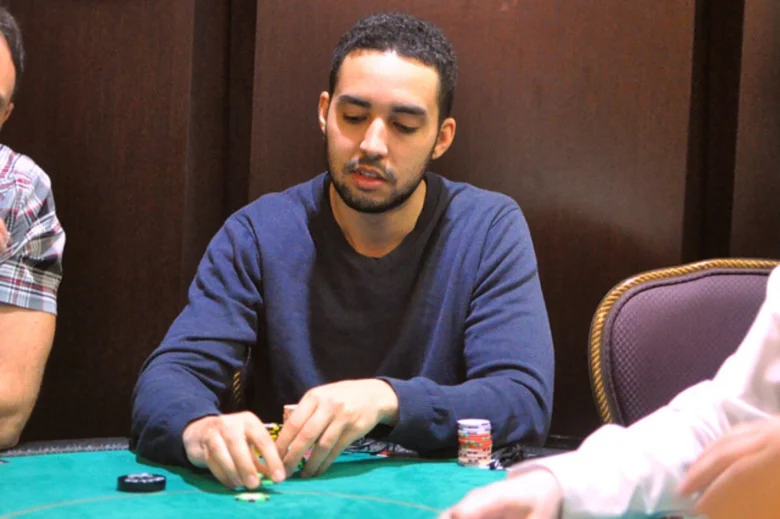
It wasn’t luck that helped him rise. As a teenager, he played online, and when he was older, he easily went on to live poker. His bold tactics and ability to read opponents quickly earned him instant fame. He became a rising star when he won an event on the 2009 Italian Poker Tour.
But being successful didn’t mean being happy. Jelassi said he was feeling burnt out during his deep run in Prague. The constant stress, travel, and emotional swings of tournament poker stopped being as exciting.
Fans were shocked when he quit the game after winning the EPT.
Poker became more of a job than a passion. It wasn’t sustainable for me.
Jelassi shifted his passion and focus into business and started a Swedish network of psychotherapists. Although he saw poker as a transformative experience, it didn’t have a lasting impact.
Di “Urindanger” Dang
The mid- to late 2000s were a time of high-stakes online poker battles, and Di Dang, also known as Urindanger, was a silent killer. Dang played in six-figure pots on Full Tilt Poker against pros like Phil Ivey and Tom Dwan and usually remained the last man standing.
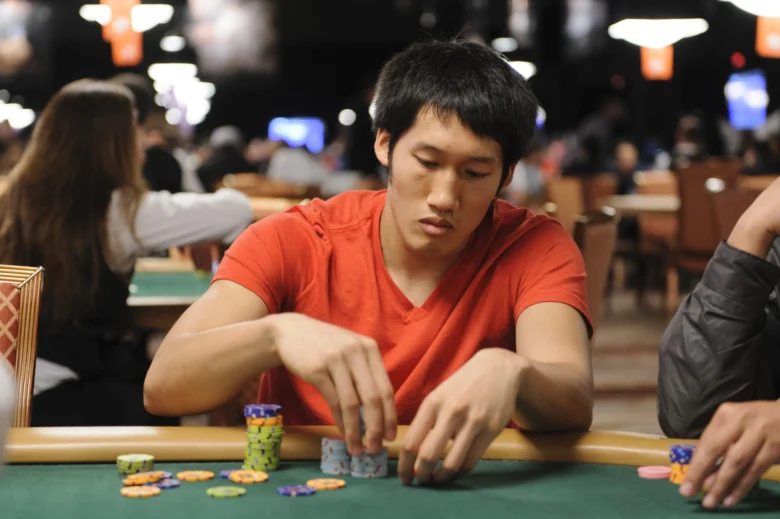
He wasn’t a loud personality. He let his poker results do the talking. At his peak, Dang was one of the most consistent cash game players. He won millions of dollars playing online when he was at his best. His two poker accounts, “ilvdnfl” on PokerStars and “Urindanger” on Full Tilt Poker, have combined to accumulate almost $8,000,000 in winnings from online cash games.
Nonetheless, high-stakes poker was mentally draining. The grind was hard because of the long hours, small profit margins, and constant fear of a downswing that could deplete his bankroll. That was followed by Black Friday in 2011, when Full Tilt shut down. This frozen players’ money caused a ripple throughout the poker world.
Dang took the cue. It didn’t take him long to decide what to do next. He quit poker and started a chain of restaurants in Virginia with his brother instead. His skill as a businessman came from the same focus that made him so lethal at the tables.
It was a wild ride. But I’ve moved on to new challenges.
He no longer participates in the game. He is still regarded as one of the best online poker players.
Doug Polk
Doug Polk‘s poker resume speaks for itself: WSOP titles, millions of dollars in winnings, and a personality that can light up any final table.
Polk shocked the poker world when he quit professional play in 2018, just one year after winning $3.6 million in the High Roller for One Drop.
Why would one of the sharpest minds in poker leave when he’s at the top of his game? Polk didn’t make his decision out of the blue. Polk made his decision after years of hard work, studying solvers, and experiencing emotional and physical exhaustion.
I just didn’t love it anymore.
Polk stopped being a competitor, but he didn’t go away. Through his Doug Polk Poker YouTube channel, he gave hundreds of thousands of fans deep analysis, funny videos, and commentary on the poker industry. To get fans and himself excited about competing again, he came back short for a big heads-up match against Daniel Negreanu in 2021.
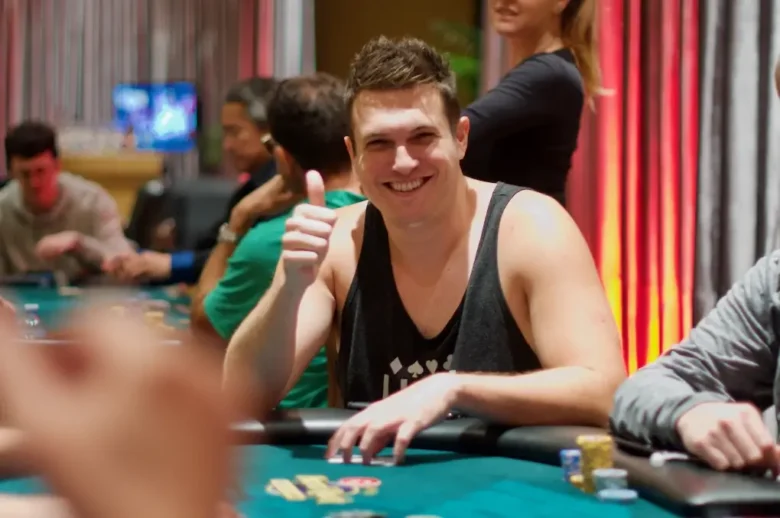

In the 2023 World Series of Poker Main Event, Doug took home $27,500 for finishing 674th. In 2025, Polk set a $100,000 bankroll challenge, but it was unsuccessful.
Polk splits his time between business projects (like co-owning The Lodge Card Club in Texas) and high-stakes events and content. He departed the professional scene on his terms, demonstrating that you can influence the game even from the outside.
Why So Many Poker Pros Leave the Game
Playing poker daily for years can turn what was once a fun and social activity into something boring and tiresome. Some players, like Doug Polk, get worn out from playing poker and no longer enjoy the grind.
They reached their goal. They have their bracelets, their homes are paid off, their long-term investments are secure, and their success has allowed them to retire and enjoy a life of financial stability and peace.
Constant travel and a nomadic lifestyle can make players feel lonely and lack emotional support. Furthermore, extreme downswings associated with professional poker bring uncertainty, and many pros finally quit.
Managing Burnout
For you to stay dominating the tables at the highest level, you must know of ways to mitigate burnout.
- Balanced Lifestyle: Do things you enjoy besides poker, like working out, travelling, or artistic projects, to get your fire back to hit the tables
- Peer Support: You can hire a mental game coach or join a small, like-minded group. Discussing hands and strategy with trusted friends keeps you from feeling alone.
- Goal Reframing: Change your goals from making money to improving your personal growth, like learning a new strategy or controlling your emotions better.
- Mental Skills Training: Use cognitive retraining and focus. Meditation for a short time every day can help with tilt and anxiety.
Wrapping Up
Giving up professional poker isn’t always a detrimental thing; sometimes it’s the best thing you can do to improve your life. Annie Duke and Doug Polk show that you can have new wins when you take a break.
Today’s pros can balance work and health by spotting the early signs of burnout and using tried-and-true methods for improving mental performance. Individuals who follow their own rules win in both poker and real life.
-
Stake.US Poker4.3
- Rakeback 5%
- $55 Stake Cash + 260K Gold Coins
T&Cs Apply | Play Responsibly | GambleAware
18+ | Play Responsibly | T&C Apply
-
Appeak Poker4.1
- 1,000 Chips Daily
- FREE 5,000 Chips
T&Cs Apply | Play Responsibly | GambleAware
T&Cs Apply | Play Responsibly | GambleAware
-
- 2,500 Gold Coins + 0.50 Sweeps Coins
T&Cs Apply | Play Responsibly | GambleAware
18+ | Play Responsibly | T&C Apply
-
WSOP.com4.3
- Up to 70%
- 100% up to $1000
T&Cs Apply | Play Responsibly | GambleAware
T&Cs Apply | Play Responsibly | GambleAware
-
CoinPoker4.1
- 33% Weekly
- 150% up to 2000$
T&Cs Apply | Play Responsibly | GambleAware
+18 / T & C apply / Play responsible
